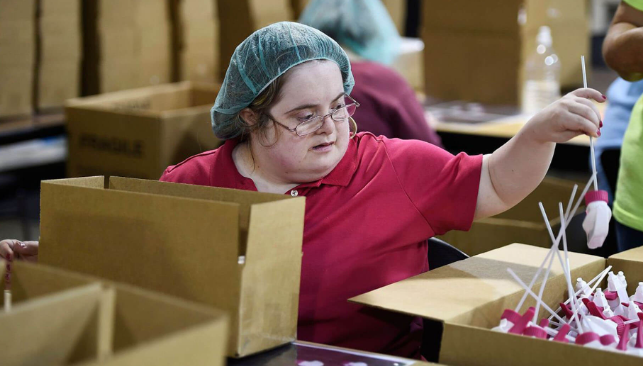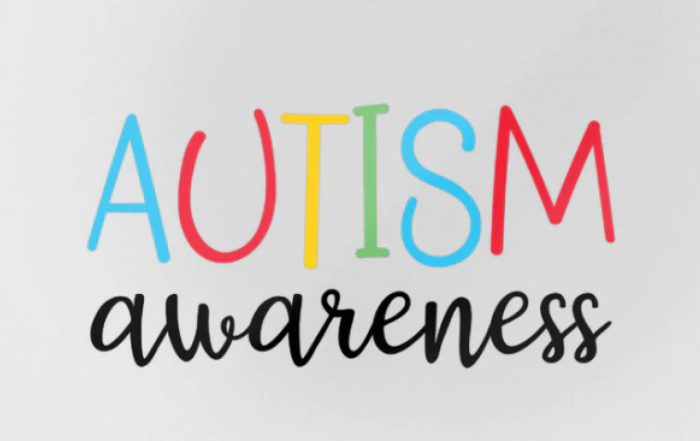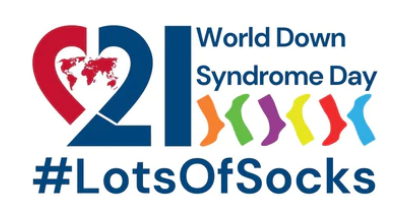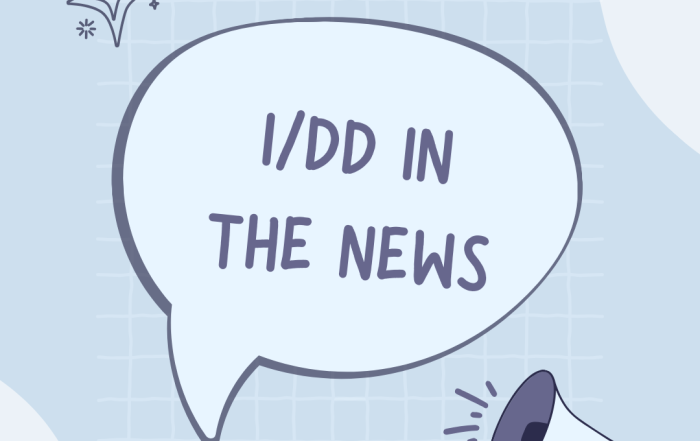The differences in our abilities make us unique, but they don’t define our worth.
People with intellectual and developmental disabilities all have their own interests, preferences, and goals. They also have a valuable perspective to offer the world.
Here are some tips for connecting with members of this community in a way that affirms their dignity, independence, and individuality.
 Speak to differently abled people like peers.
Speak to differently abled people like peers.
Talk to individuals with I/DD just like you would anyone else. If you’re meeting for the first time, introduce yourself as you normally would. Look for common ground and shared interests to build on in a conversation.
If you’re having any difficulty communicating, ask clarifying questions and make it clear that you’re interested in understanding. Many people have a tendency to talk louder when confronted with a communication challenge, but that isn’t necessary or helpful unless the individual has a known hearing issue.
Take your cues from your conversation partner – they will help set the tone and pace for your talk.
Be age appropriate.
No one enjoys interacting with someone condescending. It’s important to remember that adults with disabilities are still adults. Avoid baby talk unless the person you’re speaking to is, in fact, a child.
Unless you’ve been told differently, assume that individuals with I/DD have the same interests and hobbies as their peer group. Statements like, Isn’t that movie too scary for you are infantilizing for mature individuals, regardless of their disability status.
Ask before assisting.
When offering help to an individual with I/DD, always ask their permission before jumping in.
Except in emergencies, it’s common courtesy to allow other people a say in whether or not they want our assistance. If they are receptive to your help, look for ways to work together to accomplish a goal rather than taking over.
Respect differently abled people’s intelligence.
Even when communications challenges are present, it’s important to speak to people in the I/DD community directly rather than speaking to others on their behalf.
Ease of speech isn’t an indicator of intelligence – many individuals with disabilities that make it difficult to process language and respond to questions are very bright. Be patient and courteous in conversation, and don’t change your normal way of speaking unless you’re asked to do so.
Give them space to be themselves.
We all feel more comfortable in conversations with warm, open people. We all have idiosyncrasies – they make us who we are.
At the end of the day, an interaction with a member of the I/DD community is just another opportunity to make a new friend. Be curious, genuine, respectful, and kind, and a great conversation will flow.






